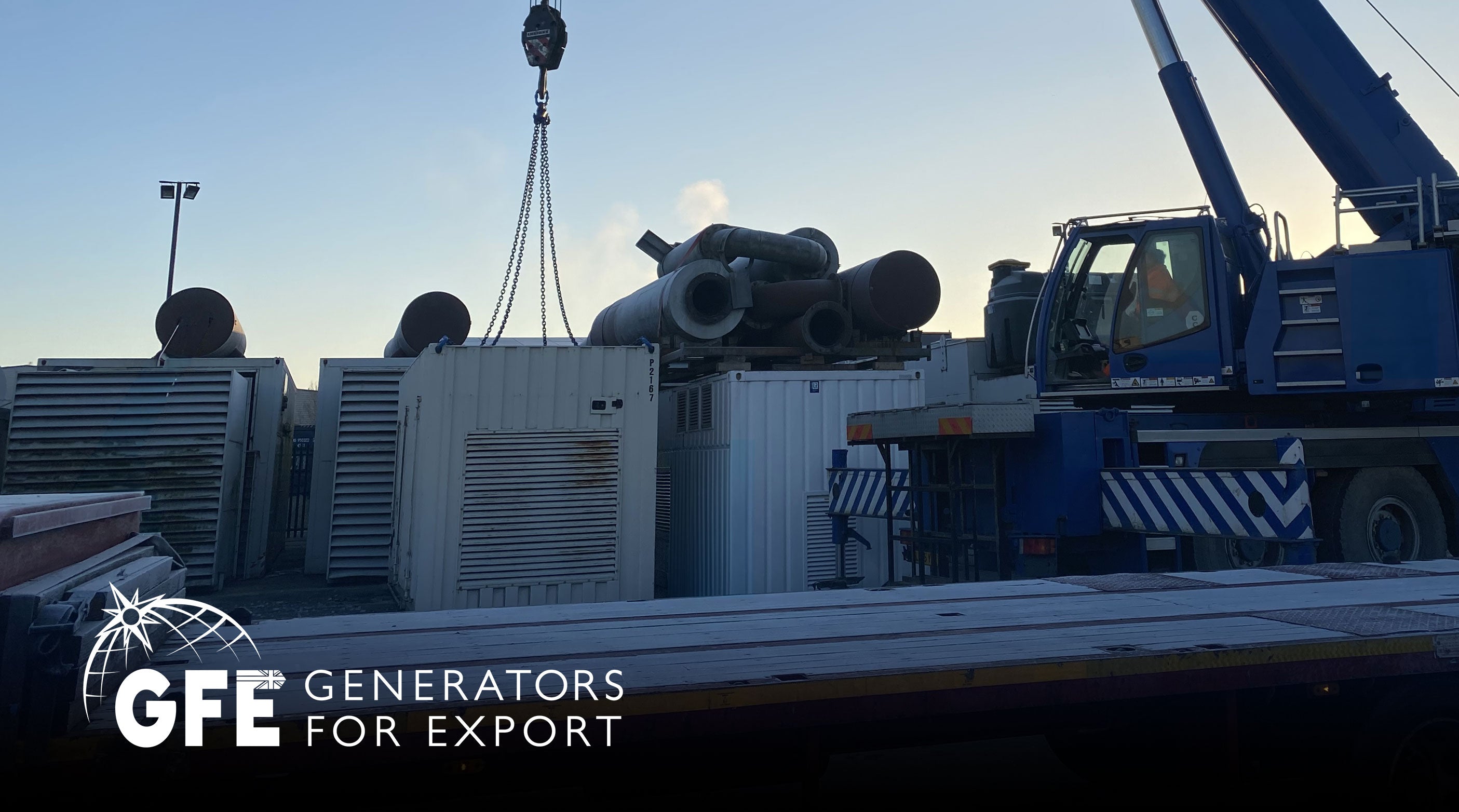Preparing for a storm is crucial to ensure your safety and minimise damage to your property.
Whether you're facing a hurricane, tornado, blizzard, or severe thunderstorm, here are steps you can take to be prepared:
Stay Informed:
- Monitor weather forecasts and alerts through a reliable source like the Met Office or a weather app.
- Sign up for emergency alerts and notifications specific to your area.
- Keep a battery-powered weather radio to receive updates.
Create an Emergency Plan:
- Develop a family emergency plan that includes communication and evacuation procedures.
- Designate a safe meeting place for your family in case you get separated.
- Identify local emergency shelters and evacuation routes.
Prepare an Emergency Kit:
- Assemble a 72-hour emergency kit that includes essentials such as water, non-perishable food, medications, first aid supplies, flashlights, batteries, a multi-tool, and important documents.
- Include extra supplies for pets if you have them.
Prepare for Power Outages:
- Have a backup power source, such as a generator or battery-powered inverters. If you need help selecting the right generator for your application, read our recent article and get in touch.
- Test your generator to make sure it works in emergency scenarios.
- Make sure your generator is regularly serviced and is well maintained.
- Ensure the fuel supply for your generator will last for the duration of the worst of storms and the aftermath, until fresh fuel can be delivered.
- Charge your phones and other electronic devices.
- Keep a supply of candles and flashlights with extra batteries.
Secure Your Home:
- Trim trees and shrubs to reduce the risk of falling branches.
- Reinforce doors and windows with storm shutters or plywood.
- Check your roof and repair loose shingles.
- Clear gutters and downpipes to prevent flooding.
- Anchor outdoor furniture and objects that could become projectiles in strong winds.
- Turn off propane tanks and secure them.
Evacuation Planning:
- Know when to evacuate if authorities issue evacuation orders. Do not delay.
- Pack essential items, including your emergency kit and important documents.
- Inform someone outside the affected area of your evacuation plans and intended destination.
Protect Your Vehicles:
- Park your vehicle in a garage, if possible.
- If you don't have a garage, park away from trees, power lines, and flood-prone areas.
- Ensure your vehicle's fuel tank is full.
Stay Informed During the Storm:
- Stay indoors and away from windows.
- Keep a battery-powered or hand-cranked radio for updates.
- Charge your phone sparingly to conserve battery.
After the Storm:
- In some areas of the world, wait for official clearance before venturing outside.
- Be cautious of downed power lines and debris.
- Check your property for damage and assess any immediate safety concerns.
- Report emergencies and hazards to authorities.
- Avoid driving through flooded roads.
Recovery:
- Follow instructions from local authorities and emergency services.
- Contact your insurance company to file claims if your property is damaged.
- Begin the process of cleaning up and making necessary repairs.
Remember, preparedness is key to surviving and recovering from a storm safely. Stay vigilant, stay informed, and take action as needed to protect yourself, your family, and your property.
Contact the Generators For Export team today to order your backup generator and protect yourself from adverse weather conditions and loss of power.
Call: +44(0)1386 553344 | Email: sales@gfe.uk.com

